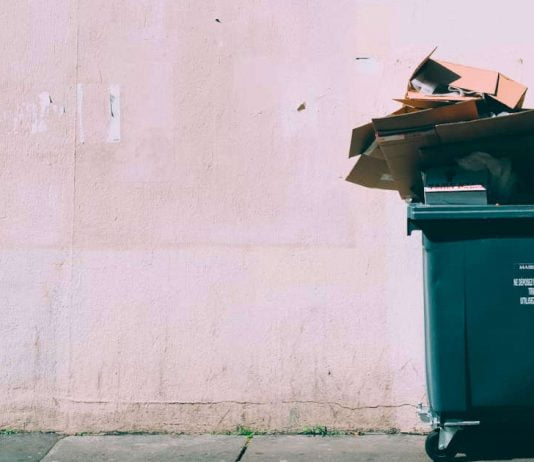Recycling is probably one of the most critical activities we can do to positively impact the environment. Today, everyone is constantly replacing their electronic devices with newer models. Unfortunately, this habit is creating more non-biodegradable waste.
This problem highlights the importance of recycling used electronic equipment. Read on and learn what you need to know about this process.
What Is E-waste Recycling?
E-waste or e-scraps refer to the trash generated from obsolete, broken, and surplus electronic devices. These electronics may contain hazardous materials and toxic chemicals. If not disposed of properly, they may release these harmful substances into the environment.
E-waste recycling is the process of repurposing and reusing these electronic wastes. Professional recyclers recover materials from e-waste and use them to manufacture new products.
This waste can include home appliances like air conditioners, electric cookers, microwaves, televisions, heaters, DVDs, fans, and radios. They can also be information technology (IT) equipment like computers, batteries, laptops, mobile phones, hard disks, circuit boards, and monitors.
Below are some electronic components that people can recover and reuse:
- Plastic
- Circuit Boards
- Glass
- Mercury
- Metal
- Batteries
- Hard Disk
Because most of these electronics have a short life, they become electronic waste at a fast pace. To address this issue, organizations all over the world are promoting e-waste recycling.
This process is becoming a crucial trend initiated to protect the environment and human health. Especially now that the volume of e-waste generated all around the globe is steadily rising.
Why E-waste Recycling Is Important
In a 2021 news release from the World Health Organization (WHO), workers trying to recover valuable materials from e-waste are at risk of exposure to more than 1,000 toxic chemicals. These include hazardous minerals like lead, chromium, and cadmium. Danger can come from the accumulation of materials in water, soil, and food.
This issue not only puts people in danger, but it is also dangerous for land and sea animals. The risks are higher in developing countries because other developed countries send their waste there.
Because of this problem, organizations must ensure proper recycling processing in place to protect people and future generations.
Another benefit of recycling electronic parts means manufacturers are using less energy and creating less pollution. Recycling also minimizes the production costs of goods by eliminating the need to manufacture components from scratch.
Aside from having a positive impact on the environment, e-waste recycling can also benefit the community by increasing employment.
Only experts can handle electronic waste properly. Distinguishing reusable and non-reusable components is also a task that requires a keen eye and product knowledge.
An efficient e-waste recycling program in the community can create jobs. And there are several roles to fill in the field of recycling. There are experts out there with professional degrees relevant to recycling electronic waste.
These are only a few of the benefits of e-waste recycling. With more people contributing to the effort, we can reduce the volume of electronic debris we generate and save more landfill space.
